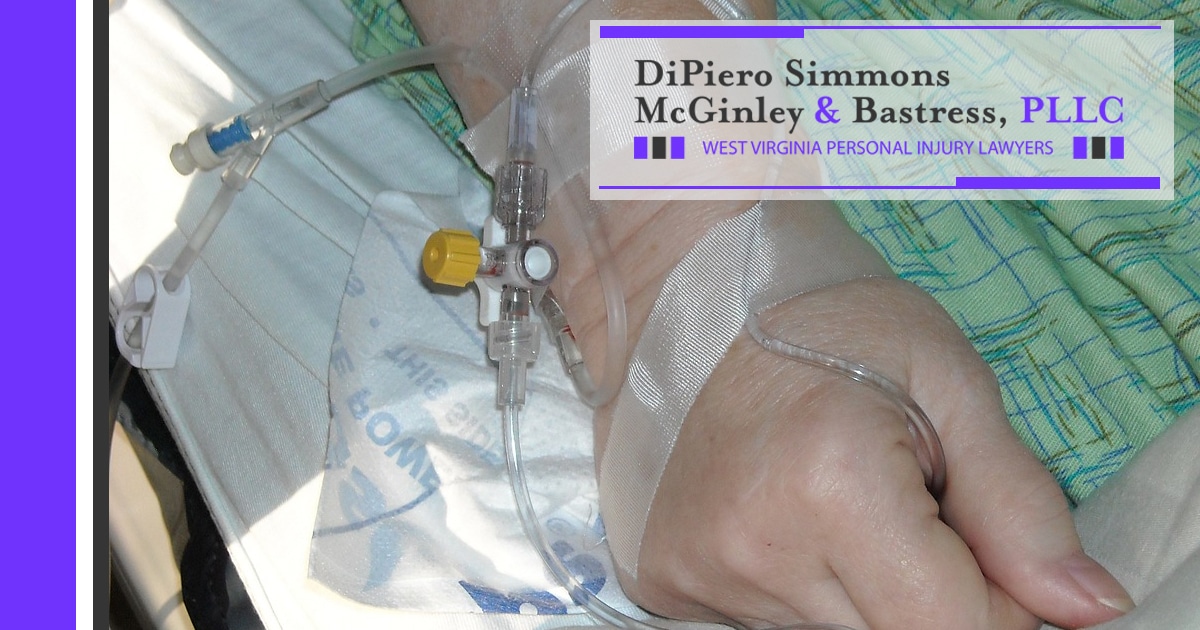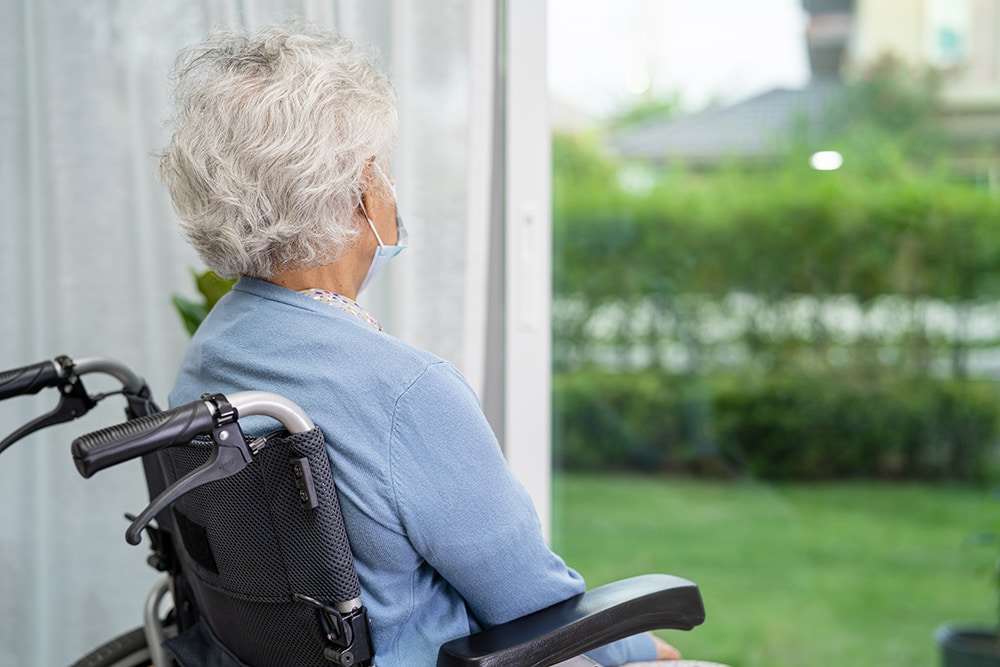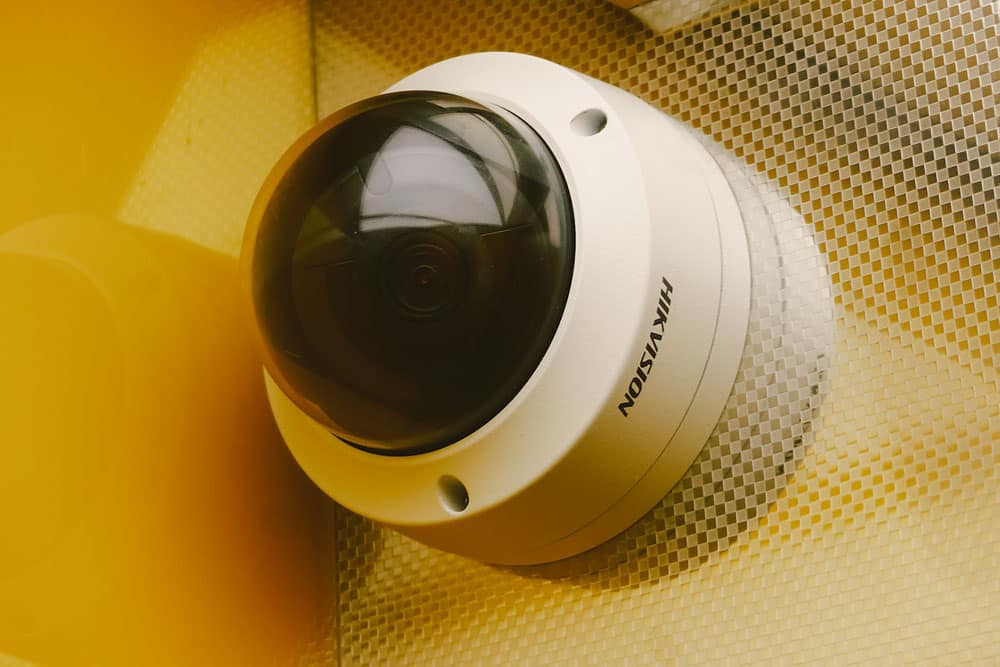Signs of Dehydration in a Nursing Home

Proper hydration is vital to maintaining overall health and well-being regardless of age.
As we get older, our bodies lose some ability to retain water, leading to dehydration. For those in a nursing home, not receiving the proper hydration can lead to a variety of problems. Fortunately, if you spot these signs of dehydration in a nursing home early on, you can get the right help for your loved one.














